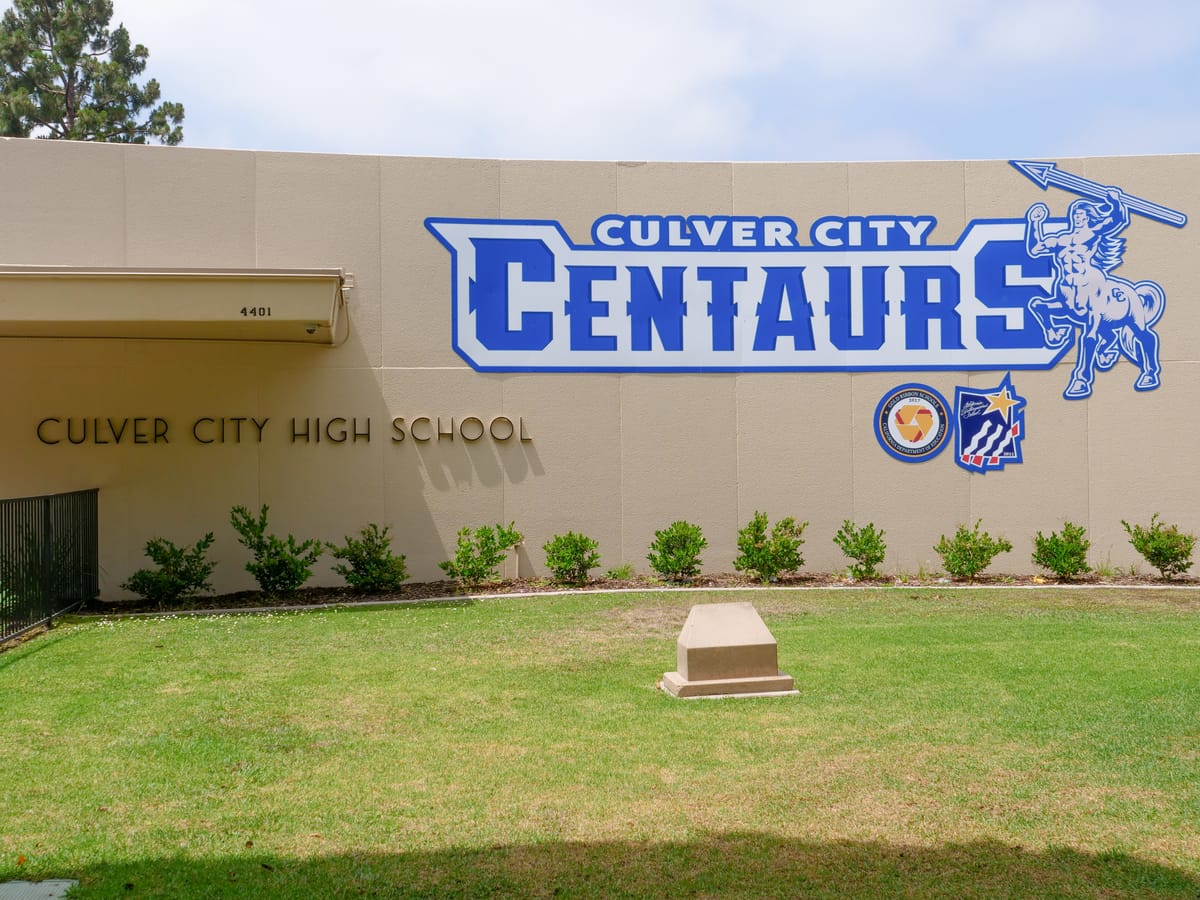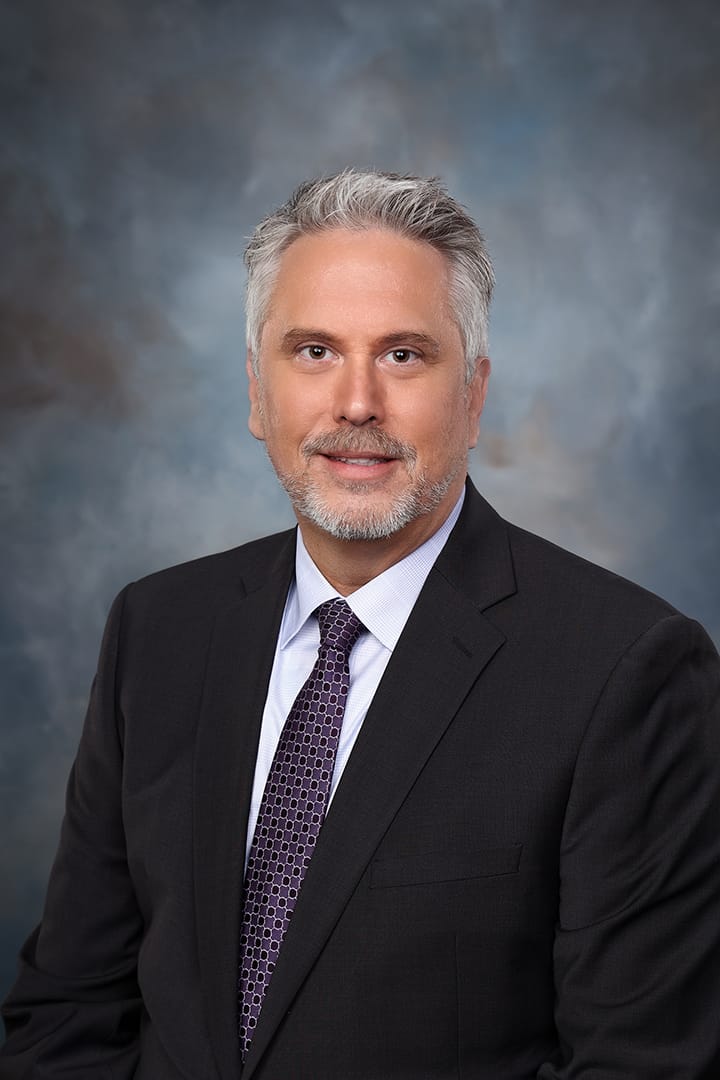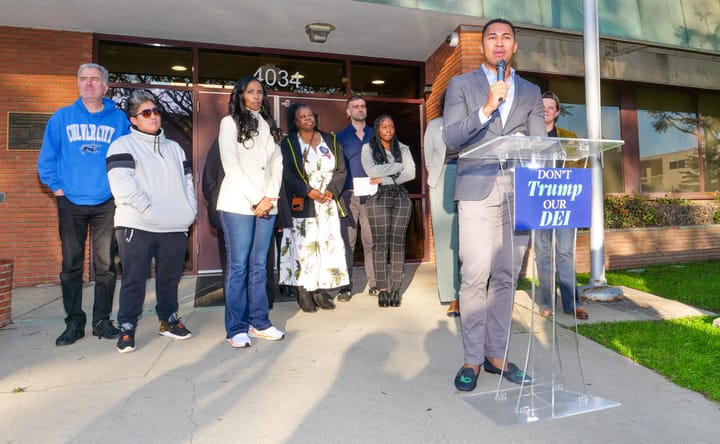Board of Education considers return of Honors English
The replacement of English Honors courses with College Prep courses at Culver City High School in the 2022-23 school year has been a topic of significant concern among many parents.

Tensions bubbled into barbs at the Culver City Unified School District Board of Education Meeting Tuesday night as it took on a polarizing issue: Honors English Classes. The Board directed District staff to present options for three scenarios: keeping English classes as they are now, reverting them to what they were before the 2022-23 school year, and adding a new seminar-style option for advanced English students to the current selection.
However, most board members supported the return of Honors English Classes for 9th and 10th Graders at Culver City High School. These classes were removed from class offerings in the 2022-23 school year to pool all 9th and 10th graders into the same classes with the intent to improve the opportunities for traditionally disadvantaged groups.
The cancellation of these classes has been a hot topic since it caught the attention of the public beyond Culver City, appearing as the subject of articles in nationally prominent outlets like the New York Post and the Wall Street Journal. A Change.com petition asking for the return of Honors English launched on Feb. 25 has since received 524 signatures. Board Member Andrew Lachman said it was the number one issue for people he spoke with during his 2024 Election Campaign.
"At one of every five houses I talked to, Honors [English] was a concern," Lachman said at Tuesday's meeting.
Parents spoke at the meeting in favor of bringing the classes back, arguing that students should have a choice to take higher-level courses that coincide with their abilities. Some shared the dismay they felt when they saw their children's level of work in these classes.
"I have one job in the world: to be a great dad to my kids," one parent said. "When my daughter comes home and tells me that all she does in her college prep class is play the New York Times Crossword puzzle and gets a 99.5 in the class, I have a responsibility to say, 'this isn't working.'"
However, teachers from CCUSD who spoke at the meetings were resolute that the data coming from these College Prep classes demonstrated their effectiveness. According to CCHS AP English teacher Annie Barton, the AP English Language test pass rate for CCHS students has increased by 10% since these changes were made.
CCHS Teacher Kalena Tamura, who teaches 9th Grade English and taught the Honors class when it was available, established a premise that several after her emphasized: the College Prep class curriculum is identical to the old honors curriculum.
"My current English 9 College Prep students are reading the same books that my honor students read," Tamura said, "They are having the same discussions that my honor students had, and they are answering the same prompts that my honor students answered."
More emotionally charged speakers had strong words for parents pushing for the return of honors classes, with some accusing parents of only caring about their own children while ignoring the needs of their neighbors who may be less well-positioned academically.
"[There are] those in the community who are pushing honors tracking because they don't believe every student should have equal access to a quality education and AP Prep curriculum," CCHS teacher Felicia Cordell said, "but this is a public school, and that is the job of a public school to provide all students with equal access."
"Teachers have spoken, and they presented evidence; the group demanding change is simply not listening," CCUSD parent Ryan Lewis said. "They have an agenda that is for a few; they do not care about your kids."
This commentary drew reactions from the crowd, causing a short trade of words between Lewis and audience members in the Mike Balkman Council Chambers. Board President Triston Ezidore had to address the audience several times to maintain order.
Some advocates for Honors English resisted the idea of tracking that critics accused them of supporting, saying that these classes should be open enrollment and allow students to take them by choice.
Tracking is the idea that schools place students into different "tracks" or course levels based on academic abilities, which are determined through means like assessments, referrals, or academic results from the previous year.
Suneal Kolluri, an assistant professor at the University of California, Riverside School of Education and spouse of a CCUSD teacher, said that research shows tracking only benefits high-achieving students while segregating students by race and class.
"My kid would probably benefit just like your kids would from having Honors because he's one of the top students," Kolluri said during Tuesday's public comment, "but in the aggregate, I don't support this."
However, parents argued that their students should have a choice to engage themselves at a higher level, expressing concern that the classes are too concerned with bringing the bottom up after hearing about the curriculum from their kids.
Several students also spoke at the meeting, asking for the ability to engage more deeply with their studies. CCHS student Vivian Menthe — the daughter of Downtown Business Association Executive Director Darrel Menthe, who also advocated for Honors English Tuesday night — said several of her friends were not pursuing AP English classes because they felt the College Prep English classes were inadequate in preparing students.
"Half of the class was bored and could have been doing much higher level work, and the other half of the class was struggling to do on-level work," the younger Menthe said, "and the classes were so big that the teachers couldn't really help either of us."
Others spoke in favor of maintaining the College Prep courses and the course sequencing as is, arguing that those who weren't participating in the class shouldn't have more control than the teachers and students in them.
"I was in a class that was inclusive and participated a lot," CCHS junior Owen Lewis said. "Now, I'm in an AP class that is very exclusive and where it is rare for someone to participate."
One of the measurable goals that the District is using as a measure of success is enrollment in Advanced Placement (AP) classes. These classes offer university-level curricula and can directly contribute to credits at many colleges. District staff focused particularly on AP Language to indicate whether more kids are pursuing and succeeding in advanced courses.
School Board Member Lindsay Carlson cast doubts on the efficacy of using AP classes as a metric for success. She argued there is a tendency to "teach the test" in those classes and noted that the costs for taking AP tests — currently $99 with a potential $40 late order fee, $40 cancellation fee, and a $40 late-testing fee — can be a financial burden on the lowest-income students in the District.
"I am rather skeptical that AP is the end-all-be-all for all advanced course curriculum," Carlson said, "particularly due to the College Board's profit motive."
Ezidore took a similar stance on the data related to this issue, arguing that the English classes were the most diverse of the District's honors programs and that the data did not show that the decision was making a difference.
"From my view of it," Ezidore said of removing Honors English classes, "there was absolutely no change at all."
He also noted that honors classes help boost students' Grade Point Averages (GPAs), with UC schools bumping the GPA of approved honors classes. This can further assist students who take them in getting into their top-choice schools.
"The fact that we are actively putting students at a disadvantage was talked about," Ezidore said.
Aside from AP Classes, which are only offered to 11th and 12th graders, CCUSD has three UC-recognized honors classes: Precalculus, Chemistry, and Physics. English 9 Honors and English 10 Honors are still listed on the University of California's catalog of recognized A-G courses but are not considered UC Honors classes.
Vice President Stephanie Loredo was the most staunch defender of the College Prep classes on the Board, placing her faith in the teachers administering the curriculum. She pointed to teachers' statements that the College Prep and Honors curricula are the same, arguing that returning to the previous system would only create an even slower non-honors class.
Board Member Brian Guerrero suggested a compromise: adding a seminar class that allows students to specialize and engage with particular topics. He mentioned an already existing version of this concept — AP Seminar — as a potential model.
AP Seminar is a year-long course recommended for 10th-12th graders that focuses on developing independent research and critical thinking skills by developing arguments based on real-world topics. Along with an AP test, students must submit an Individual Written Argument and a Multimedia Presentation on the subject of their choice to complete the class.
"Having a different curriculum that allows...that deep type of specialization for those students who want it is a different conversation, and I think that is worth exploring," Guerrero said.
"But I think just having 'English Fast' and 'English Slow' is very problematic."
Loredo thought there was already a plan in place to introduce AP Seminar as an option for 10th-grade English in the 2025-26 school year. However, staff clarified that this was not the plan in place, so the Board agreed to task staff to present the addition of a seminar class as one of the options for moving forward at a future meeting.




Comments ()